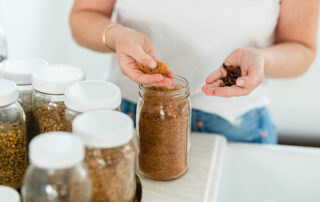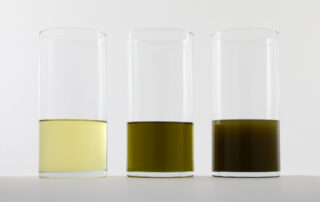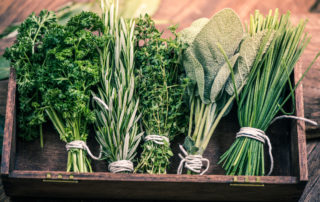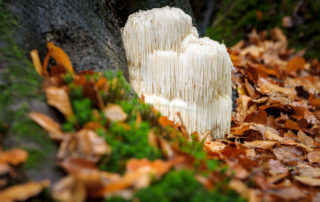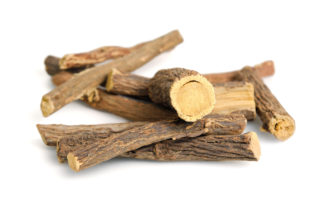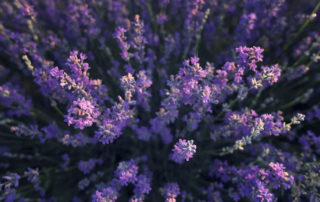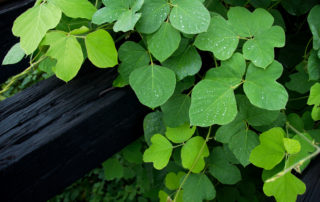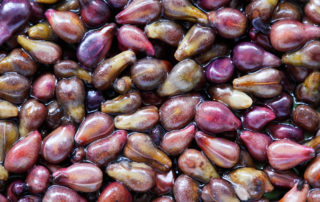Condiments, Herbs & Spices
I feel like I need to include every sort of disclaimer here because some of these foods are not perfect, and I am sure many will find reasons to criticize them. However, I will absolutely admit how hard it can be to switch your family to a whole food-based diet when coming from the standard American diet. While some of these foods are not ideal and can be very inflammatory due to poor quality oils, sugar, non-organic, high in x,y,z, etc., they may help reduce free glutamate exposure or are slightly cleaner options when switching to [...]

